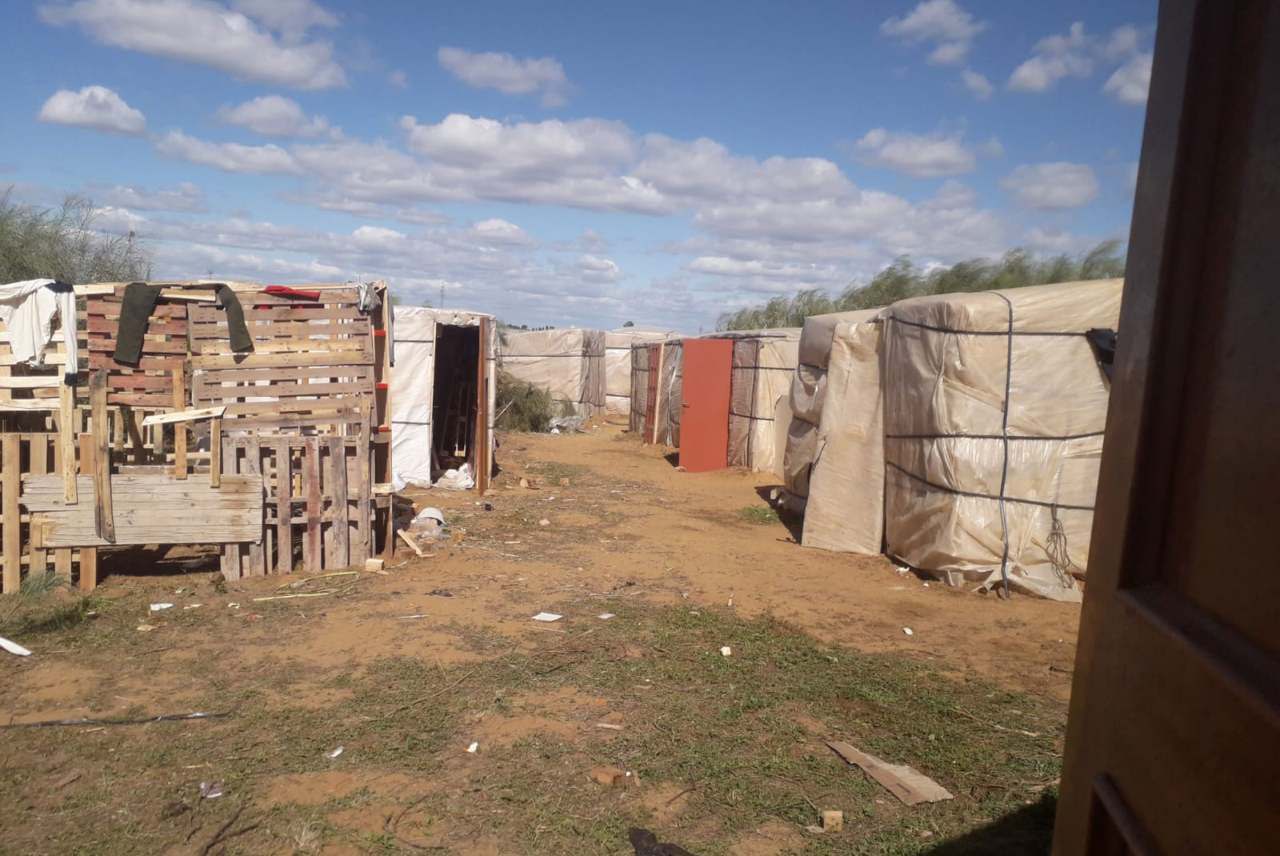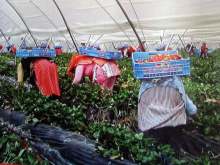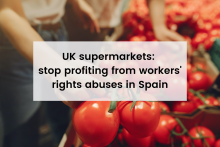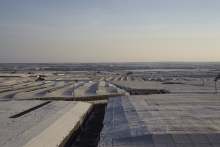The UN independent researcher stated that he was left “stunned” after seeing conditions for hundreds of workers in the region, which supplies soft fruits to major UK supermarkets. He stated that conditions in the migrant settlements “rival the worst I have seen anywhere in the world.”
An ‘Inadmissible’ situation
Ethical Consumer first reported on conditions in Huelva in 2019. The soft fruits industry, which exports its produce to countries across Europe - including to many UK retailers - is central to the region’s economy and generated €500 million in 2018-19.
Thousands of workers have again been recruited from Morocco to prop up the industry during the picking season. Often employed on temporary ‘contracts in origin’, the workers are promised the legal wage, medical treatment and free accommodation in return for moving to Spain for the season - but these conditions often go unmet.
Following his 12 day visit to Spain in January, the special rapporteur Phillip Alston reported that workers were living in shacks or “tents made of plastic that is used to cover strawberries”, had no electricity or running water, and only public squat toilets.
He condemned the companies and authorities profiting from the situation, quoting a worker in the region:
“When there’s work, Spain needs migrants, but no one is interested in our living conditions.”
Many earn just €30 a day, according to his report. In an interview with Spanish press Alston stated,
"Companies and the municipality are benefiting greatly, it is a huge industry. So I think it is really inadmissible that nothing [is being] done to improve the situation."
He called on local companies and the Spanish authorities to provide “the minimum human basic” and stated that he would be asking Driscoll’s - the largest soft fruits producer in the region - what it is doing to monitor and improve the situation. Driscoll’s berries are sold in Whole Food Markets in the UK.
Driscoll’s was also found to be in Lidl’s supply chain in October 2016, after Driscoll’s workers in Mexico accused the company of employment conditions amounting to “neo-slavery”.







